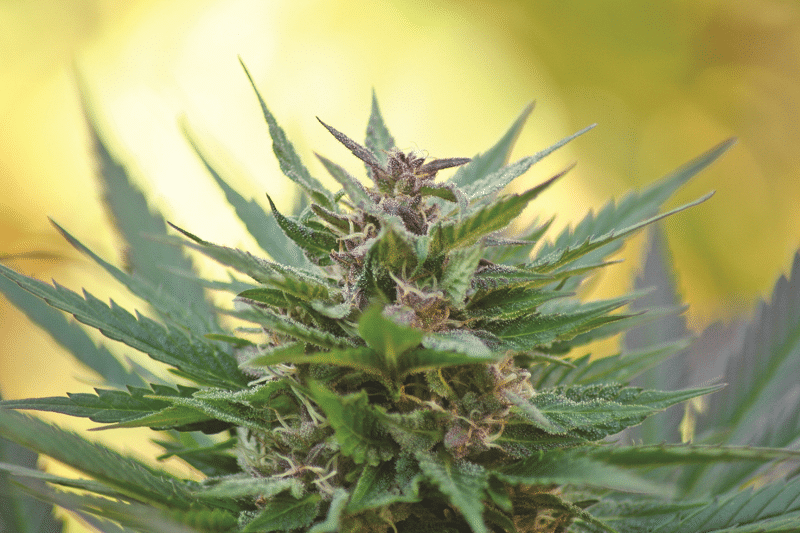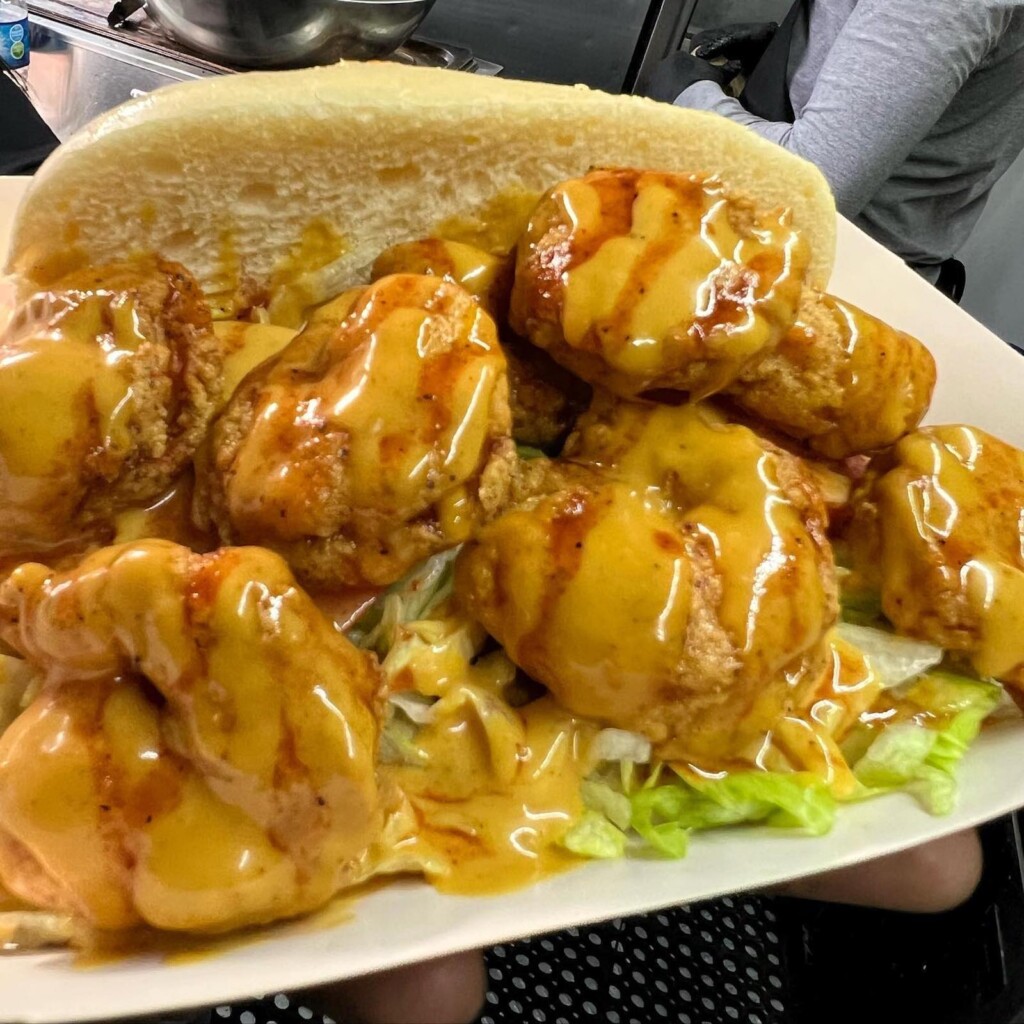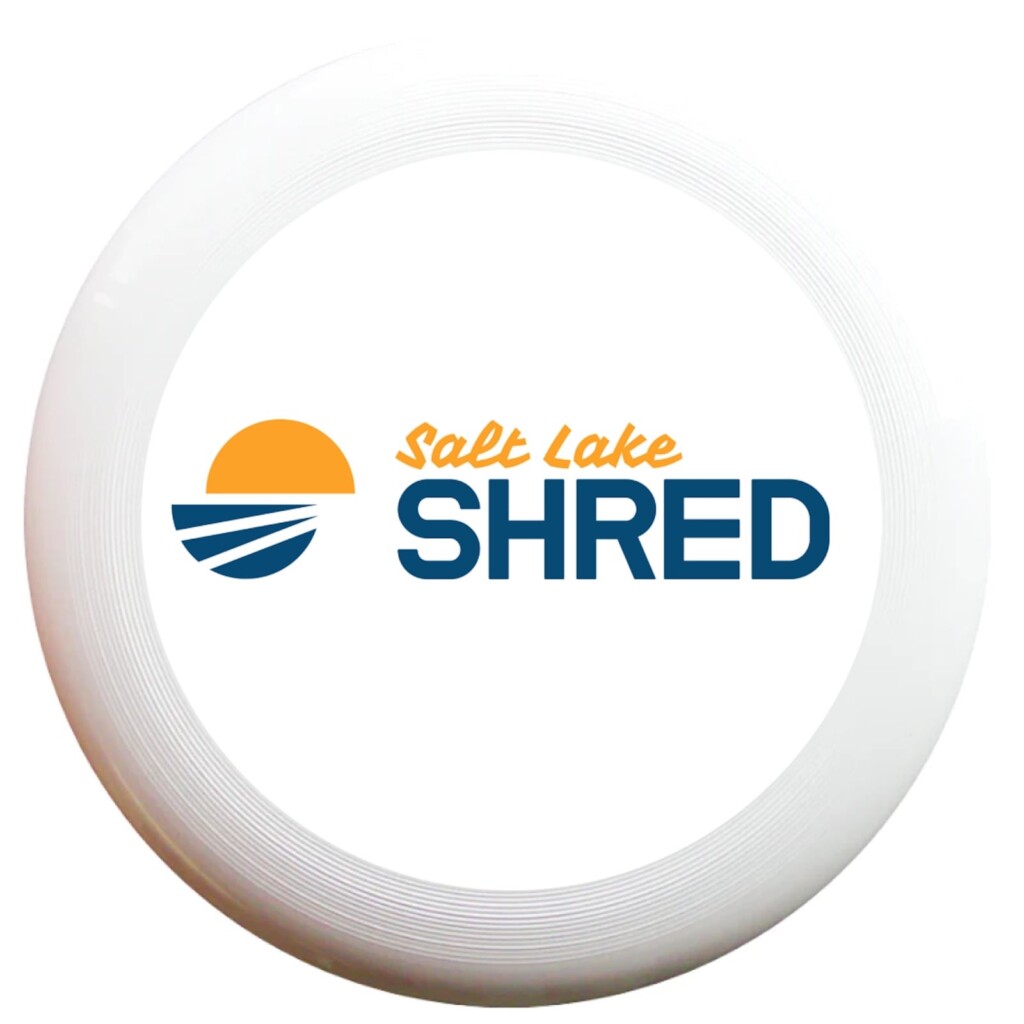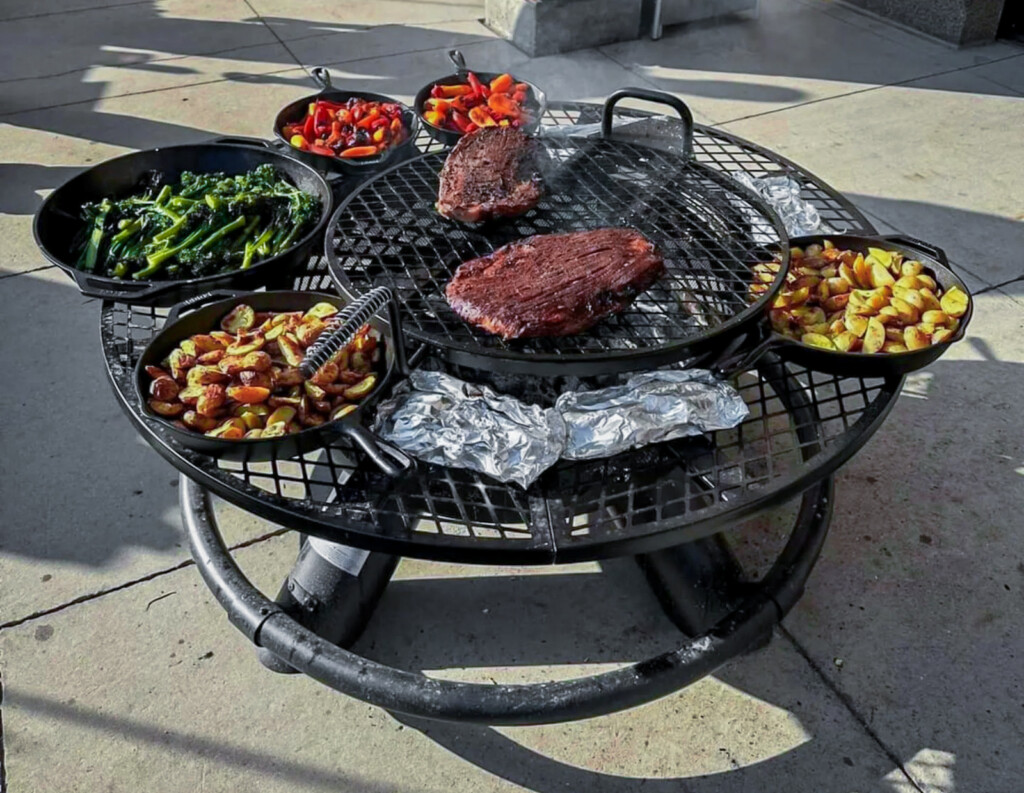There are now 46,000 Utah residents carrying medical cannabis recommendation cards. This is a massive increase from the total count 18 months ago which was just 11,000, which had already exceeded all state expectations and projections.
Why has this massive increase occurred?
The supply of available products is finally catching up to the demand. One year ago Utah Stories reported that medical cannabis pharmacies were running out of the most popular products including gummies and vape pens. This shortage of supply made the cost of the products rise to nearly double the price of neighboring states’ similar offerings. Local supply shortages no longer appear to be a problem. Another key factor is the huge growth in the courier services providing home delivery of cannabis products.
Courier services have realized a ten-fold increase. Home delivery orders now exceed $1 million per month. In January 2021 there was less than a total of $100K spent on home delivery orders. A medical cannabis pharmacy and cultivator in Bountiful known as WholesomeCo has developed a website that can deliver orders as quickly as the same day or the next in many locations throughout Utah. This has been a game-changer for the industry.

Utah Cannabis Sales Compared to Nevada and Colorado
Also, the price to make an appointment with a QMP (Qualified Medical Practitioner) who could prescribe medical cannabis and issue a medical cannabis recommendation card has decreased. Just 14 months ago some QMPs were charging as much as $600 for a visit to allow a patient to get a medical cannabis prescription, now that the State Legislature has changed the law to allow for more practitioners, resulting in the price decreased to around $200.
Utah’s medical cannabis overall gross sales still pale in comparison to the neighboring states of Nevada and Colorado. Both states have medical and recreational sales exceeding $1 billion in sales. Colorado’s total sales now exceed $2.2 billion in 2021 adding over $420 million in tax revenue to Colorado’s state coffers. Both of these states have benefited from Utah’s strict and prohibitive laws making it difficult for Utah patients to have access to cannabis products. Vehicles with Utah license plates fill the parking lots of bordering states’ dispensaries.
WATCH THE UTAH MEDICAL CANNABIS UPDATE AND MORE
How Many Utahns are still buying Cannabis from neighboring states and the black market?
The most recent survey indicates that the majority of Utahns still buy their cannabis product on either the black market or in neighboring states, which amounts to at least over $100 million in sales. With Utah receiving no tax revenue benefit and Colorado now getting upwards of $400 million in cannabis tax revenue, the obvious question is: Why doesn’t Utah change its policy so our state government and residents could benefit more from the tax revenue?
The Utah State Legislature and LDS Church leaders formated the Utah State law to allow for “Medical cannabis pharmacies”, instead of dispensaries. Due to this provision and designation, none of the medical cannabis products can be taxed, as no drugs are taxed in Utah. This will end up becoming savings for cardholders and Utah residents but only when supply meets demand and the prices decrease.
Utah still has no plans to allow for loosening any laws that would allow for greater patient access for low-income residents who are currently buying products from neighboring states or the black market.
Cody James from the Utah Department of Agriculture Cannabis department said, “We are concerned about the price, and we are working on our end to lower the cost of testing so that we can lower the price that way.”
“We are tasked with Utah law. It’s difficult to compare Utah with the other states that are primarily recreational. Our concern is the product is safe but does not cause too much of a cost to producers.”
There are still just eight cultivators in Utah:
Box Elder County produces still the most, which is the Dragonfly Wellness operation. James added that the current cultivators are ”pushing their maximum capacity. There are four that are at their maximum.” This means that if demand continues to increase significantly there could be a supply shortage.
RELATED CONTENT:
Utah Cannabis Goes Mobile in a Big Way
Utah farmer seeking medical cannabis grow permit
How Medical Cannabis in Utah Relates to the Opioid Epidemic
Confessions Of A Straight-A Mormon Pothead
Subscribe to Utah Stories weekly newsletter and get our stories directly to your inbox






